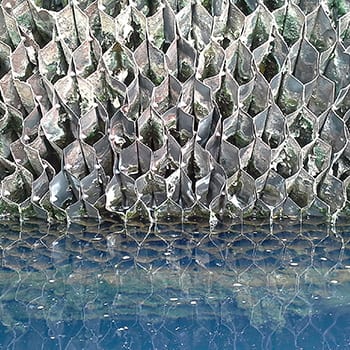
Chlorine is widely utilized in water treatment processes to disinfect and purify water by eliminating harmful bacteria, viruses, and other pathogens. It’s essential for providing safe drinking water and is also employed in industrial and residential water systems to maintain clean and safe water supplies.
Chlorine works by breaking down the cell walls of microorganisms, effectively killing or inactivating them. When introduced to water, it forms hypochlorous acid, the active agent responsible for destroying pathogens and ensuring the water is safe for consumption.
Yes, it is safe to use in drinking water when applied in the correct amounts. It is widely used in water treatment facilities globally to ensure that drinking water is free from harmful contaminants. The levels used are carefully regulated to be effective yet safe for human consumption.
To ensure the product used in your water treatment process meets safety standards, it is important to use NSF-certified products. NSF certification guarantees that the chemical has been tested and meets strict safety and quality guidelines, providing confidence that the treated water is safe for consumption.
| Product | Application Use | Description |
|---|---|---|
| Chlorine, NSF Approved | Cooling tower biocides chemicals |
Bleach |